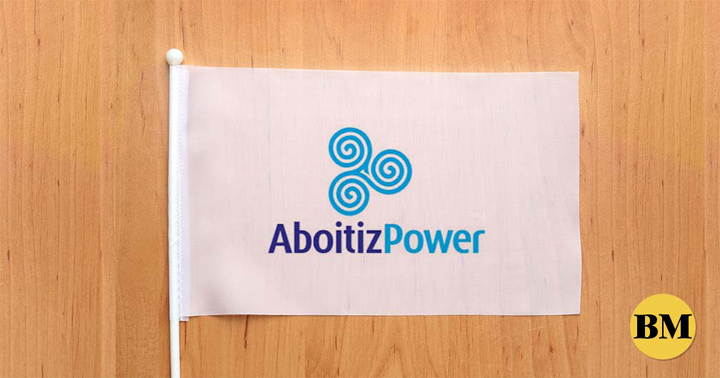Aboitiz: PHL’s shift to clean energy must be calculated
BY LENIE LECTURA – MAY 9, 2023
from Business Mirror

Aboitiz Power Corp. (AboitizPower) said Monday the country’s shift to renewable energy (RE) should be “calculated and well-managed, as opposed to being urgent and aggressive,” to avoid “potential unintended consequences and standing tradeoffs.”
AboitizPower President Emmanuel Rubio also underscored the critical role of nonrenewable traditional energy sources in attaining energy security, especially during the hot dry season when electricity demand is at its peak.
“[Existing] thermal plants will continue to have a significant role to play in terms of providing reliable and stable power for the country,” Rubio stated during an earlier television interview.
“Energy demand has bounced back quite significantly. In fact, we are seeing record peaks in the last few weeks given the hot weather,” he said, adding that supply and demand margins currently remain thin as the only new investment for base load capacity was GNPower Dinginin Ltd. Co.’s (GNPower Dinginin) 1,336-megawatt (MW) power plant in Mariveles, Bataan.”
GNPower Dinginin is a partnership between AboitizPower’s Therma Power Inc. and AC Energy Holdings Inc.
In support of the country’s aspiration to increase the share of RE in its energy mix, AboitizPower is expanding its RE portfolio to 4,600MW, resulting in a 50:50 balance between its RE and thermal capacities by 2030. As of 2023, AboitizPower has a pipeline of more than 1,000 MW of RE projects, including developing wind and solar farms throughout the country, as well as geothermal.
“One thing I’m sure of is that we really need to transition to cleaner technologies. In base load, today the option is liquified natural gas [LNG] as a transition fuel, and balancing that with renewable energy,” he said. “We’ll have issues with regards to costs or reliability if we just keep on pushing [solely] for variable renewable energy. It would [also] probably put [the stability of] our grid at risk.”
LNG is considered a cleaner base load capacity that complements RE power generation since LNG-powered turbines are able to quickly ramp up or down the quantity of its generated electricity to complement the inherent variability of certain RE sources.
“In the short- to mid-term, LNG is one of the options, although it still remains to be at a premium,” Rubio said.
The power firm is currently conducting a feasible study for its planned 1,200MW LNG plant in Pagbilao, Quezon which is targeted to meet base load requirement by 2028 to 2030.
At the moment, AboitizPower operates coal plants Pagbilao units 1 and 2 via Therma Luzon Inc. and Pagbilao unit 3 via a joint venture with TeaM Energy called the Pagbilao Energy Corp.
Also, AboitizPower is discussing with Japan generation company JERA Co. Inc. the feasibility of co-firing ammonia on coal plants and hydrogen on LNG facilities to reduce carbon emissions during thermal power generation.
Rubio also expressed optimism over the possibility that small modular reactors (SMRs) will help hasten the country’s transition to a cleaner energy mix.
“I personally believe that small modular reactors will have a role to play in the Philippine energy setting,” he said, adding that AboitizPower is in continuous discussion with SMR technology providers, including multinational NuScale Power Corp. “I think the timeline will still be around mid-2035 when we can see this to be operating in the Philippines.”
Nuclear energy technology is seen as a source of reliable and clean baseload power, considering the weather-independence of its fuel and its zero CO2 emissions.



